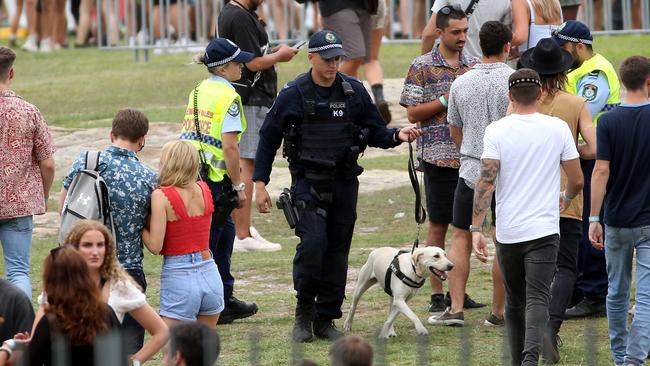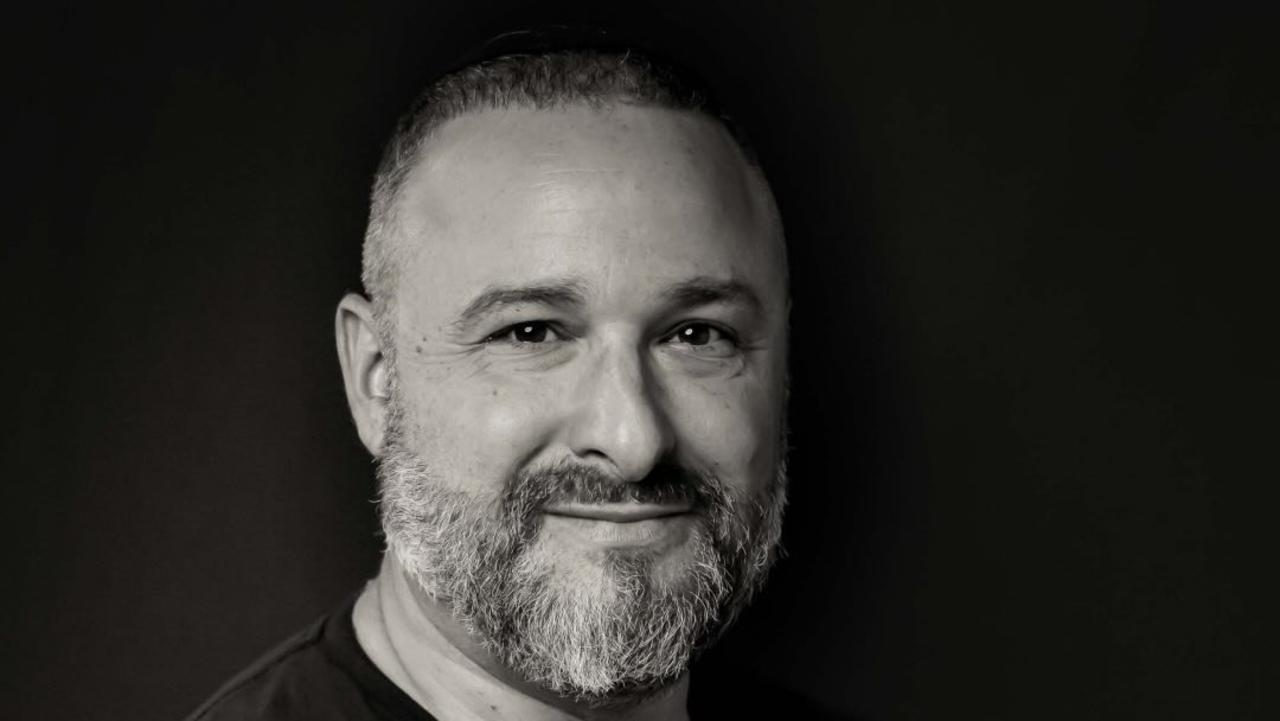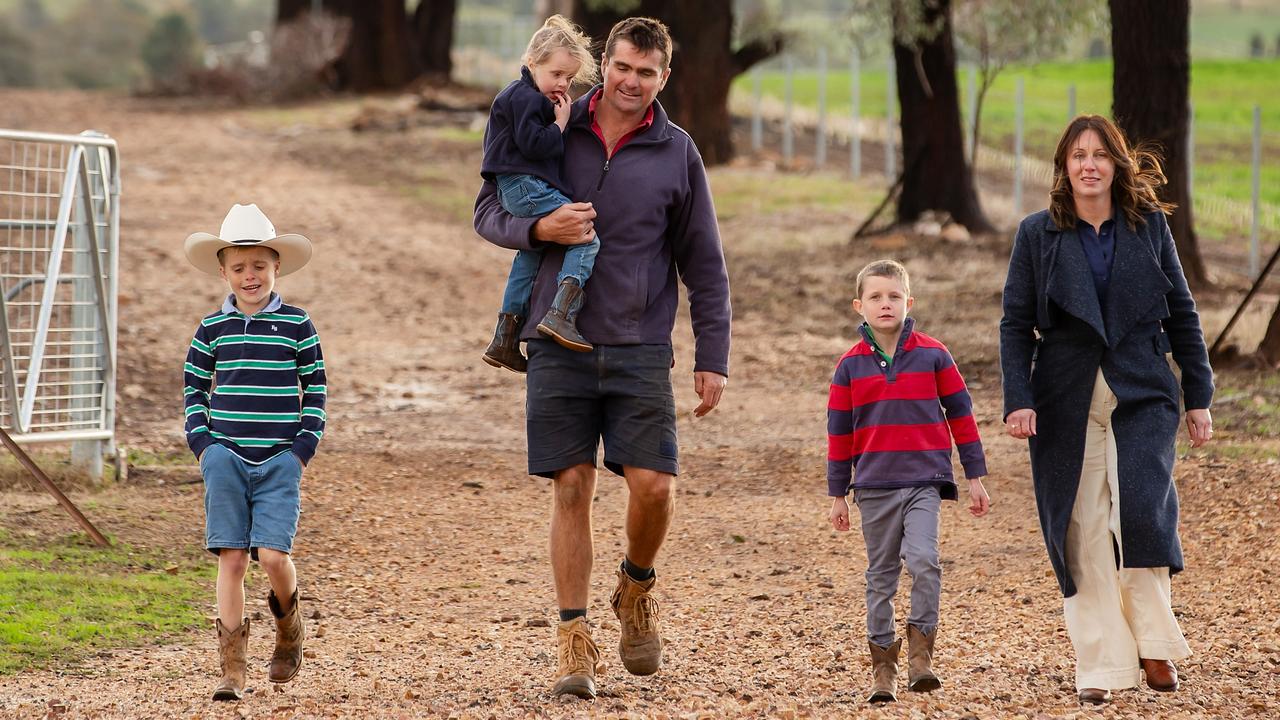No sniffer dogs or strip searches at music festivals: drug summit report
A 10-year, harm-minimisation drug strategy and more alternative sentencing options for Aboriginal teens are among the recommendations of a report from the NSW drug summit.

A report out of the NSW government’s long-promised drug summit has recommended a 10-year, harm-minimisation drug strategy, expanding alternative sentencing for Aboriginal teens, and ceasing the use of sniffer dogs and strip searches at music festivals.
Some of the 56 recommendations, put forward by former NSW politicians John Brogden and Carmel Tebbutt, include strengthening the enforcement of illicit drug supply, particularly targeting suppliers, halving minor drug use and possession conviction periods to reduce “stigma and discrimination”, and legislating a medical defence for drivers using medically prescribed cannabis.
Police officers and other relevant first responders should also be “comprehensively” trained in harm reduction and equipped with naloxone to respond to opioid overdoses, while police should no longer be allowed to carry out strip searches for drug possession or use drug detection dogs at music festivals.
The report supports expanding access to “alternative sentencing models” for Aboriginal people including the Walama List and the Youth Koori Court; extending the drug court to regional areas particularly the Far North Coast, the Central Coast and Wollongong; and increasing the eligibility of an Early Drug Diversion Initiative to those with a criminal history.
On Wednesday, it was revealed the NSW government admitted that police officers unlawfully strip searched a Splendour in the Grass festival attendee in 2018, amid a rolling class action lawsuit alleging widespread unlawful searches across NSW music festivals.
Health Minister Ryan Park said in a statement the drug summit delivered on an election commitment “to bring together those with lived and living experience, frontline workers and experts in addiction and illicit drug use”, acknowledging that “not everyone agreed on everything, but we sought to have every voice listened to”.
The two-day event, which brought together more than 550 individuals and 250 organisations, became raucous amid calls for decriminalisation of drug use and possession, which the government had already ruled out. NSW Premier Chris Minns said he did not believe the government had a mandate for decriminalisation ahead of the event, held in late 2024.
There were no recommendations for decriminalisation in the report.
“The government will now carefully consider these findings and respond in due course,” the statement said.
At the top of the “priorities for action” list is for the government to release within 12 months a 10-year whole-of-government alcohol and other drugs strategy that would be “underpinned by a harm-minimisation approach” and be developed and implemented by a committee of government and non-government agencies.
The report also recommends “significantly increasing” funding for alcohol and drugs services to “address unmet need and client complexity”. There should also be more funding for prevention and early intervention programs that “prioritise the first 2000 days of a child’s life”.
“Drug policy reform is a difficult yet critical area of public policy. Developing a shared understanding of effective solutions is essential if we are going to reduce the harm caused by drugs to individuals and our community,” a foreword to the report said.




To join the conversation, please log in. Don't have an account? Register
Join the conversation, you are commenting as Logout